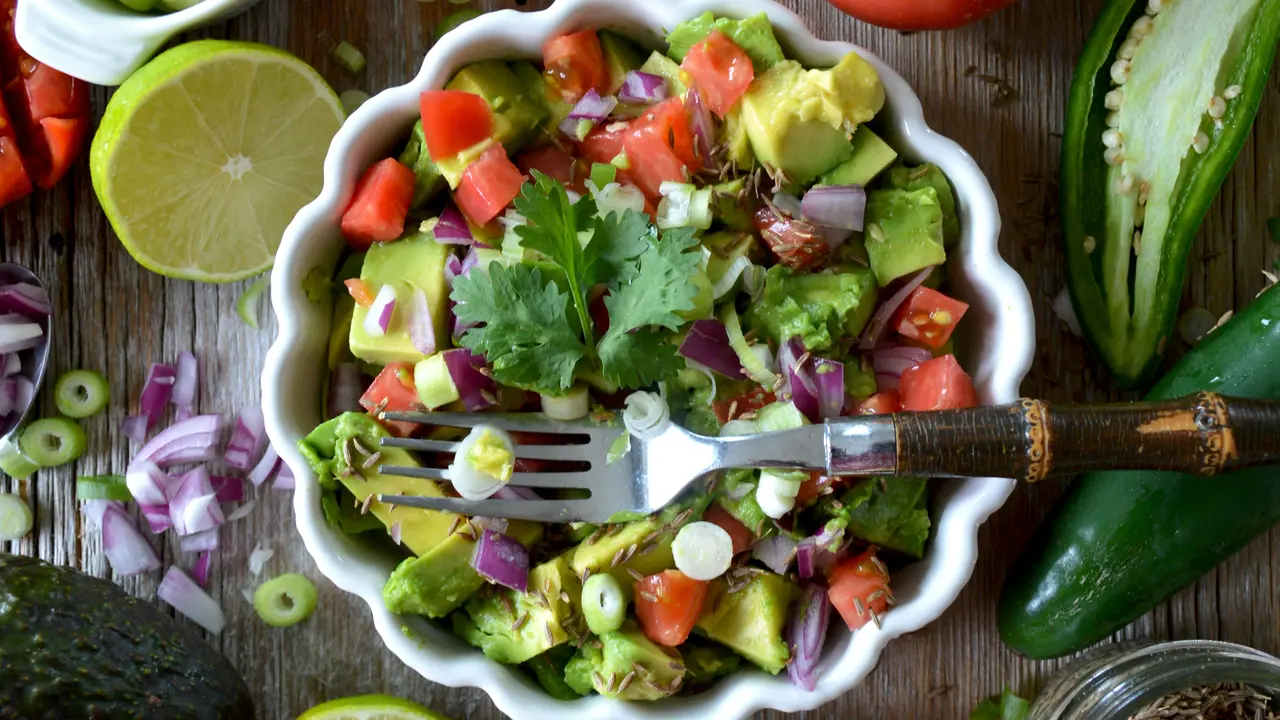Have you ever wondered, “is corn on the cob carbs?” If you’re a fan of this summertime staple, you’re not alone. But understanding its nutritional profile is key to making informed dietary choices. In this article, we will explore the carbohydrate content of corn on the cob, as well as its health benefits and how you can enjoy it while keeping your diet in check.
Understanding Carbohydrates: Is Corn on the Cob Carbs?
The Nature of Carbohydrates
Carbohydrates are one of the three macronutrients essential for energy production in the body. They can be classified into two main categories: simple and complex carbohydrates. Understanding where corn on the cob fits into this classification is crucial to answering the question of “is corn on the cob carbs.”
Corn on the Cob and Its Carbohydrate Content
Corn on the cob is primarily made of carbohydrates. On average, a medium ear of corn contains about 25 grams of carbohydrates. This makes it a relatively high-carb food compared to other vegetables. However, it’s important to note that corn also contains fiber, which can affect how these carbohydrates are digested and metabolized.
Nutritional Breakdown of Corn on the Cob
Vitamins and Minerals
In addition to carbohydrates, corn on the cob is rich in essential vitamins and minerals. Some key nutrients include:
- Vitamin C: Antioxidant that supports the immune system.
- Thiamin (Vitamin B1): Important for energy metabolism.
- Folate: Necessary for cell division and DNA synthesis.
- Magnesium: Supports nerve and muscle function, as well as bone health.
Fiber Content
The fiber content in corn on the cob is also noteworthy. A medium ear contains about 2-3 grams of dietary fiber, which is beneficial for digestion. High-fiber foods can slow down the absorption of carbohydrates and help maintain steady blood sugar levels, making corn on the cob a worthwhile addition to your meals.
Health Benefits of Corn on the Cob
Antioxidant Properties
Corn on the cob is packed with antioxidants, including lutein and zeaxanthin. These compounds are essential for eye health and can help protect against age-related macular degeneration.
High in Energy
Due to its carbohydrate content, corn on the cob is an excellent source of energy. This makes it a popular choice for athletes and those engaging in high-energy activities, especially during the summer months.
How to Enjoy Corn on the Cob While Managing Carbs
Serving Suggestions
If you’re watching your carbohydrate intake but still want to enjoy corn on the cob, here are some tips:
- Eat it in moderation: Consider enjoying just one ear of corn with your meal.
- Pair it with protein: Combine corn with lean proteins like chicken or fish to balance your meal.
- Add healthy fats: Drizzle with olive oil or add avocado for added nutrients and flavor.
Healthy Cooking Methods
Grilling, steaming, or boiling corn are all healthy cooking methods that help to retain its nutrients while minimizing added fats or sugars. By choosing how you prepare it, you can enjoy corn on the cob without excessive calories or unhealthy additions.
Conclusion: Is Corn on the Cob Carbs? Yes, But It’s More!
In conclusion, corn on the cob is indeed a carbohydrate-rich food, but it also offers numerous health benefits, including essential nutrients and fiber. By understanding its nutritional profile, you can enjoy this delicious vegetable without compromising your dietary goals. Don’t hesitate to share your thoughts or tips for enjoying corn on the cob in healthy ways! Dive into more of our articles to discover more about nutritious foods and healthy eating habits.
Carbs – Recent Articles
- How Many Carbs in Chick-fil-A Chicken Biscuit? Find Out Now!
- How Many Carbs in a Baked Potato Without Skin? Find Out Now!
- How Many Carbs in Peach? Discover the Sweet Truth!
- How Many Carbs Are in Rally’s Double Bacon? Find Out Now!
- Does Rice or Potatoes Have More Carbs? The Surprising Truth!
Carbs – Useful Links
- Harvard T.H. Chan — Carbohydrates (The Nutrition Source)
- Harvard T.H. Chan — Carbohydrates and Blood Sugar
- Oklahoma State University Extension — Carbohydrates in the Diet
- Colorado State University Extension (Food Smart Colorado) — Carbohydrates
- Mayo Clinic — Carbohydrates: How carbs fit into a healthy diet
